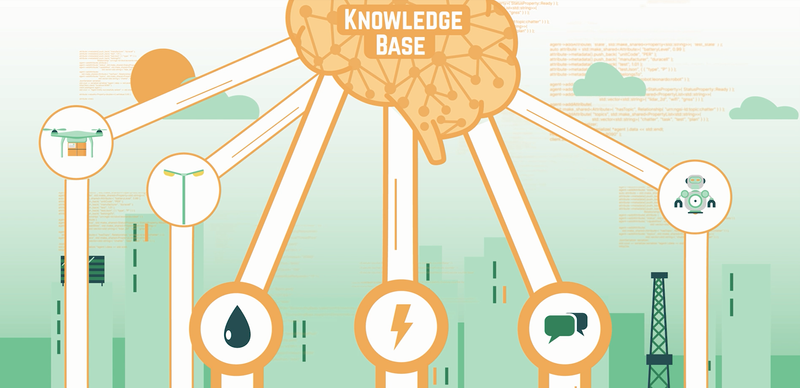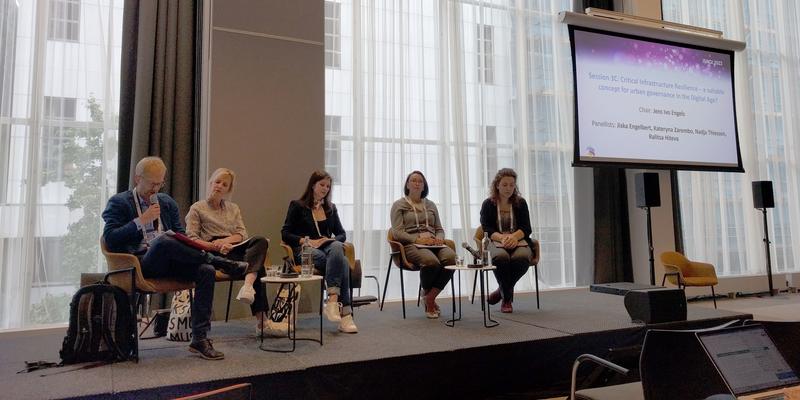Knowledge Base
Knowledge Base is a common platform for hosting data provided by diverse sources from across the city. The purpose of the Knowledge Base is to facilitate information exchange between various domains as well as reproduce and visualize the decision process. Rather than building a reservoir of data, the gathered information is made semantically interpretable, allowing to draw conclusions regarding the state of the city. The Knowledge Base supports sense-making, especially during critical events and their appraisal. For ensuring the functionality of the infrastructure during critical events, its design relies on a decentralized, robust architecture.
Contact Us
Considering our diverse and interdisciplinary perspective on the city, it is of vital importance to arrive at a common understanding about information and objects relevant to the city. The agreed-upon terms and concepts will be implemented as data models. Moreover, we will define efficient data structures, processes, and protocols for knowledge sharing among resource-constrained devices. Our aim is to develop a tool for integrating information from ongoing and past situations, which will help to learn from past emergencies. This can aid to develop new approaches and strategies for preventive measures. The scope of the mission extends to building an example of an interdisciplinary Knowledge Base which can handle data provided from heterogeneous sources of a digital city and support response and recovery strategies while ensuring awareness of the diversity of the population as well as privacy concerns.
Research Question
Through which measures/concepts can the Knowledge Base achieve resilience with regard to critical events without compromising the privacy of the citizens?
Download Mission OverviewProgram Areas in the Mission
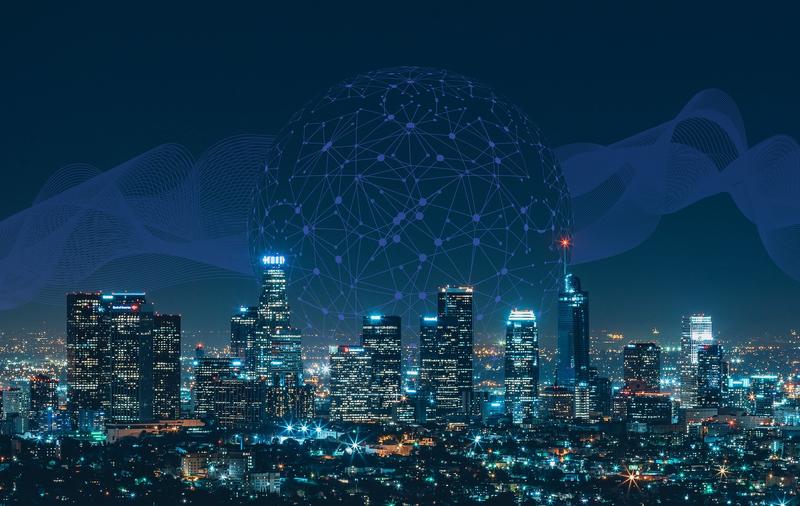
City and Society (SG)
In order to avoid a purely technical conceptualisation, it is crucial to develop an awareness of social contexts and to incorporate these. Our goal is, therefore, to enable the usability of a knowledge base for storing, sharing and retrieving information from the digital city in a legally compliant and secure manner, taking into account the diversity of urban space, for example by including historical socio-spatial data. To this end, the question of the permissibility of the multiple processing under data protection law must be reliably answered.
Team: Nadja Thiessen Jan-Philipp Muttach Jens Ivo Engels Gerrit Hornung

Information (INF)
The Knowledge Base will hold a plethora of information, consisting of both real-time and historical data. Thus, efficiently and intuitively accessing it is paramount for its users, such as first responders.
The role of the INF area focuses on providing an efficient database for storing and processing of event streams, with interfaces tailored to the varied needs of first responders during crises, enabling them to access the information they require for tackling problems at hand, without overwhelming them with the immense amount of data stored in the Knowledge Base.
Team: Andreas Morgen Julius von Willich Max Mühlhäuser Bernhard Seeger
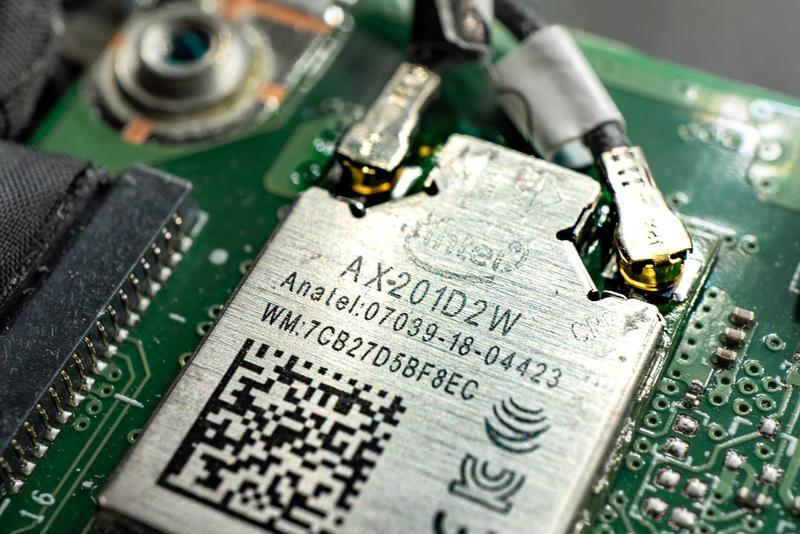
Communication (KOM)
Fast and efficient dissemination of information is essential for building the Knowledge Base. Current approaches for smart urban data platforms often use a centralized, Cloud-based communication approach to provide this functionality. If the Cloud is not accessible during a crisis, the benefits of central management become the weak spot of these platforms.
The KOM area investigates how decentralization can help to maintain the operation of the Knowledge Base in such situations by moving processing to the edge of the network and opportunistically forming localized knowledge clusters.
Team: Benjamin Becker Frank Hessel Markus Sommer Bernd Freisleben Matthias Hollick Ralf Steinmetz
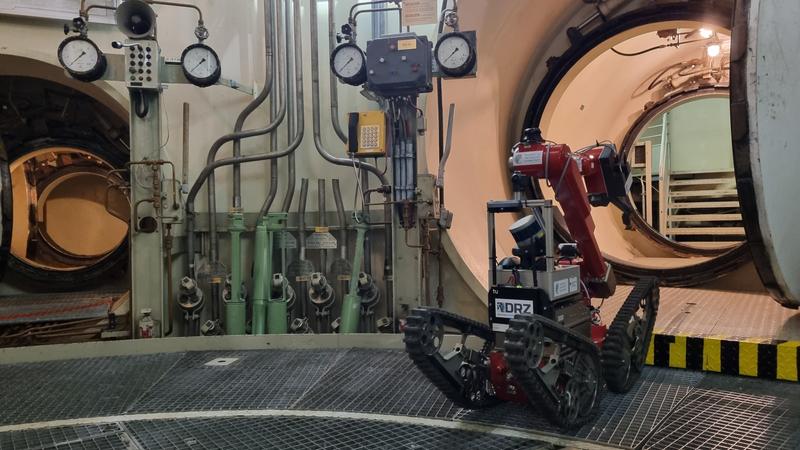
Cyber-Physical Systems (CPS)
In CPS, the focus lies on cooperative robots and interdependent infrastructure. Robotic Agents not only benefit the Knowledge Base by providing it with data and information but also benefit from the Knowledge Base by using the available information to take decisions and cooperate with other Agents. Infrastructure networks provide sensor data e.g. about the status of power, communication and water supply. With information from the Knowledge Base, their operation can be optimally controlled even in the event of a crisis.
Team: Yasin Alhamwy Stefan Fabian Tobias Gebhard Michaela Leštáková Kevin Logan Martin Robison Pietsch Marius Schnaubelt Kurt Geihs Peter Pelz Florian Steinke Oskar von Stryk

